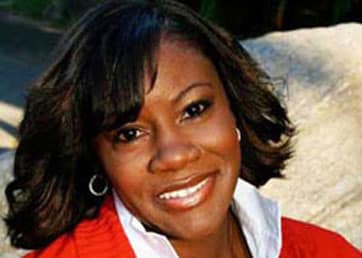
.jpg)

Pregnancy is supposed to be a happy time. Those glossy pregnancy magazines would make you think every pregnant woman is running through green meadows with unmitigated joy.
But we all know the real deal. Broken relationships, economic hardships, thwarted life plans or just bad timing can create so much anxiety during pregnancy and can crowd out any joy you may want to feel. We’d like to think this sadder side of pregnancy is the exception to most experiences, but a new study says otherwise.
A recent report by American Academy of Pediatrics says every year, more than 400,000 infants are born to mothers who are depressed, which makes perinatal depression the most under-diagnosed obstetric complication in America.
That’s big news.
With so many babies being born to depressed mothers, what does that mean for the level of early bonding and care that they receive? When you’re depressed you are probably less likely to breastfeed, especially when it can be very physically and emotionally demanding in the early days and months. And what about the moms? How healthy are their eating habits, also linked to their likelihood to breastfeed, if they are depressed?
The point is, sad moms are even sadder news for babies.
What can be done? For one, there needs to be a broader dialogue about depression during pregnancy and post partum. It would be great if we didn’t only portray one pregnancy experience as the "right" pregnancy experience, doing so keeps moms in the closet about their real feelings and prevents them from getting the help they need.
In our community, we need to do more talking. Black people are socialized not to air dirty laundry, so to speak, so we are often reluctant to share our problems, particularly with strangers. But talk to your doctor, a friend or trusted relative. If this is difficult, call an anonymous hotline, if you must. Just don’t try to face depression alone.
If you’re depressed, take off the strong black woman superhero outfit and pack it away. If your belief system says, I’m strong and I should be able to handle all situations, when the occasion inevitably arises that you can’t do these things, you think of yourself as a failure. Those feelings can only lead to deeper depression.
Can you lighten your load? Cut down on your chores, errands for others, and other stressful activities. Try to do more things that will help you relax and regroup.
And there’s nothing wrong with a little couch time with a culturally competent therapist–one who understands the complexities of a black woman’s life.
Our babies have enough challenges in this world, let’s do our part to make sure our children are born to moms who are as happy and mentally healthy as possible.
.jpg)


